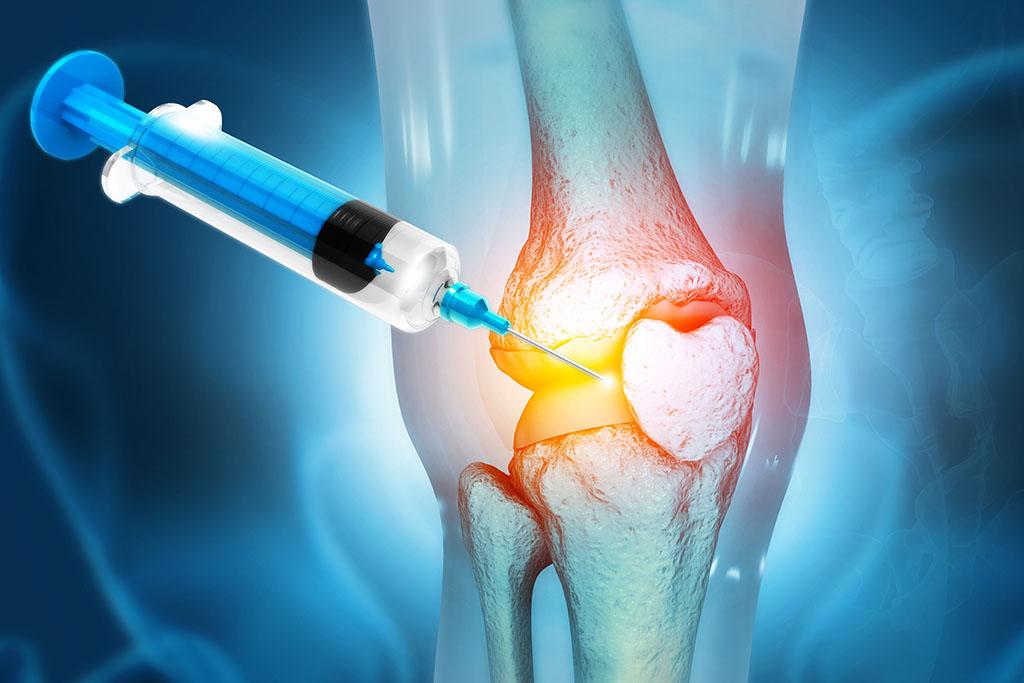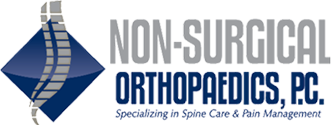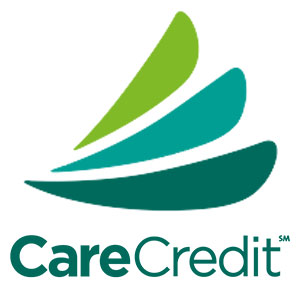How Has Regenerative Medicine Changed Over the Last Five Years?

May 2023
Over the last five years, regenerative medicine has undergone significant advancements, expanding the field of healthcare and offering new possibilities to individuals suffering from chronic conditions.
Once an obscure and skepticism-inducing alternative to conventional treatments, regenerative medicine is becoming increasingly popular, accessible and socially accepted.
One of the significant advancements in regenerative medicine is the utilization of stem cells. Stem cells have the ability to adapt into various cell types and promote tissue repair. Over the years, researchers have made significant progress in understanding different types of stem cells and their potential applications. This knowledge has paved the way for innovative treatments, such as mesenchymal stem cell therapy, where stem cells are harvested from the patient's own body and then used to stimulate healing in affected areas.
Regenerative medicine is believed to not only help manage symptoms of chronic conditions, but also support the body in healing and repairing itself to a state of improved health and wellbeing. If you suffer from a chronic condition like arthritis or other autoimmune diseases, dermatological issues that won’t go away or a stubborn orthopaedic injury, regenerative medicine can offer potential long-term benefits.
What Exactly Is Regenerative Medicine?
Regenerative medicine focuses on harnessing the body's natural healing abilities to repair, replace or regenerate damaged or diseased tissues and organs. At its core, the goal of regenerative medicine isn’t to temporarily alleviate unwanted symptoms like pain and inflammation but to promote healing, which in turn provides long-term relief from said symptoms and improves overall health.
This regeneration can happen on three fundamental levels:
- Molecular: DNA, RNA, hormones, proteins and more
- Cellular: Cell structures like neurons and axons
- Tissue: Bone, muscle, skin and blood
Types of Regenerative Medicine
Regenerative medicine continues to evolve, but there are already a few established types.
Stem Cell Therapy
Every person has millions of stem cells. When these cells are harvested and injected in damaged or diseased areas, they can help grow new tissue and promote repair and healing.
Stem cells can be taken from different parts of the body, including blood, fat, bone marrow and skeletal muscle. An example of stem cell therapy is bone marrow transplantation, where stem cells are collected from the bone marrow and then injected into the bloodstream of a patient with bone marrow cancer. The stem cells can migrate to the bone marrow and generate new blood cells with the goal of restoring healthy blood cell production.
Platelet Rich Plasma (PRP) Therapy
PRP therapy utilizes a person’s own blood plasma, which is enriched with a higher concentration of platelets. Platelets contain growth factors that can stimulate tissue repair and regeneration. PRP therapy is commonly used in orthopedics, sports medicine and dermatology to treat conditions like tendon injuries and osteoarthritis and to promote skin rejuvenation.
Prolotherapy
Prolotherapy, also known as regenerative injection therapy, is a medical treatment that involves the injection of an inflammation-inducing solution into an injured or damaged joint, ligament or tendon. The purpose of prolotherapy is to stimulate the body's natural healing response and promote tissue repair.
Gene Therapy
Gene therapy involves the introduction of genetic material into cells to treat or prevent diseases. It aims to correct genetic abnormalities or enhance the body's ability to fight against diseases. This budding therapy holds promise for treating various genetic disorders, certain types of cancers and inherited conditions.
Tissue Engineering
Tissue engineering focuses on creating functional tissues and organs in the laboratory to replace or repair damaged or diseased tissues in the human body.
It has the potential to revolutionize the field of medicine by providing new treatment options for various conditions, such as organ failure, tissue damage or congenital defects.
What Conditions Can Regenerative Medicine Treat?
Regenerative medicine can be used to help treat several conditions, including:
- Osteoarthritis: Platelet-rich plasma (PRP) therapy can help promote tissue repair and reduce pain and inflammation in joints affected by osteoarthritis.
- Sports injuries: Regenerative medicine can aid in the healing of common sports injuries such as ligament sprains, muscle strains and tendonitis. Treatments like PRP therapy can accelerate the healing process and improve recovery time.
- Chronic wounds: Regenerative therapies like tissue engineering and growth factor treatments can be utilized to promote the healing of chronic wounds, such as diabetic ulcers or pressure sores, by stimulating tissue regeneration and improving blood flow.
- Cardiovascular diseases: Stem cell therapies can regenerate damaged heart tissue, potentially improving heart function and reducing the symptoms associated with conditions like heart failure.
- Dermatological conditions: Regenerative techniques like PRP therapy and microneedling can be utilized to improve the appearance of the skin, treating conditions like scars, fine lines, wrinkles and age spots.
Keep in mind, despite many advancements, regenerative medicine is still in its infancy and the effectiveness of these treatments can vary depending on individual factors and the specific condition being treated.
Experience Your Body’s Healing Potential
If you’re dealing with chronic or acute joint or back pain, regenerative medicine could potentially be a promising treatment option for you.
At Non-Surgical Orthopaedics in Carrollton and Marietta, we offer a variety of minimally invasive regenerative medicine treatments, including PRP injections, prolotherapy and bone marrow stem cell therapy.
Our goal is to help you heal and alleviate pain and other unwanted symptoms without having to undergo invasive and risky surgeries.
To learn more about our innovative therapies or to schedule an appointment, call 770-421-1420 today.






